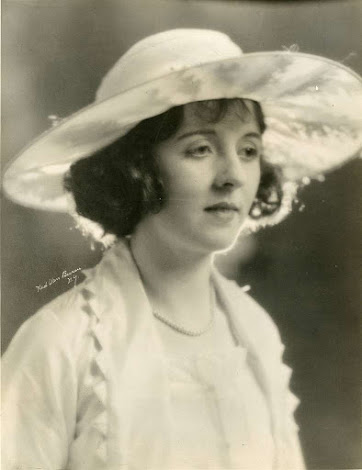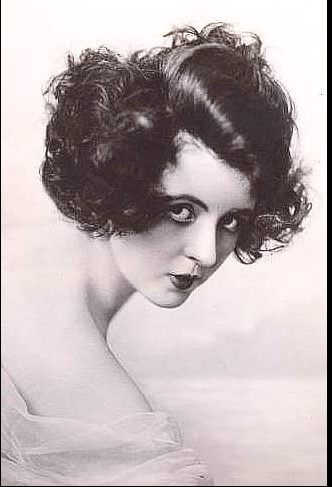This post is the first in an occasional series focusing on unusual finds, unusual material, and unusual connections all related to Louise Brooks - even if only tangentially. I run across these sorts of things regularly... and this a way to share them with my few readers.
Motion Picture Reviews was one of a handful of small-time publications which reviewed films back in the day. It was issued by the Motion Picture Committee of the Women's University Club, which was the Los Angeles Branch of the American Association of University Women. (Did other branch's around the country issue printed reviews? I don't know.) Well anyways, this slight, unillustrated and rather plain monthly publication was aimed at parents who wanted to know which films were "best" for children. Here is their statement of purpose from their first issue, which is dated January 1930.
And here is a statement from their third issue, which states that the films they reviewed were shown to them by the Academy of Motion Picture Arts and Sciences courtesy of the Association of Motion Picture Arts and Sciences. All of which suggests that as a group, they had some credibility.
I read a number of scattered reviews, and must admit that they contain little of interest -- EXCEPT WHEN THEY THREW SOME SHADE,which they occasionally did, as in the write up for The King of Gamblers, shown below. Sounds like a real recommendation to me. Below is a page of reviews from 1930. The review of the Lon Chaney reissue, The Phantom of the Opera, caught my eye. As did the write-up for Playing Around (1930), an Alice White film. It sounds fun. I wonder what they said about Dracula (1931), or Frankenstein (1931). Check out the run of the magazine HERE.
As far as I can tell, the publication ran from 1930 to 1944, which puts it somewhat out of range as far as Louise Brooks' primary career is concerned. But still, I found a few things of interest. Brooks three films from 1931, It Pays to Advertise, God's Gift to Women, and Windy Riley Goes Hollywood, were all covered. It is interesting to me that Brooks was not mention in the piece on Windy Riley; certainly, she was a bigger name than Jack Shutta, who played the title role?
Motion Picture Reviews did not review Brooks' sole 1936 film, Empty Saddles, but they did cover the the two films from 1937 which are part of her filmography, When You're in Love, and The King of Gamblers. The latter is a doozy. BTW, this publication also didn't bother writing up the other Louise Brooks' western, Overland Stage Raiders (1938). Who knows? Perhaps they didn't care for cowboy flicks, or westerns, or serials? Which is odd, because kids sure did.
This blog is authored by Thomas Gladysz, Director of the Louise Brooks Society (www.pandorasbox.com). Original contents copyright © 2022. Further use prohibited.





















%20%E2%80%A2%20Instagram%20photos%20and%20videos.png)
%20%E2%80%A2%20Instagram%20photos%20and%20videos.png)
%20%E2%80%A2%20Instagram%20photos%20and%20videos.png)


